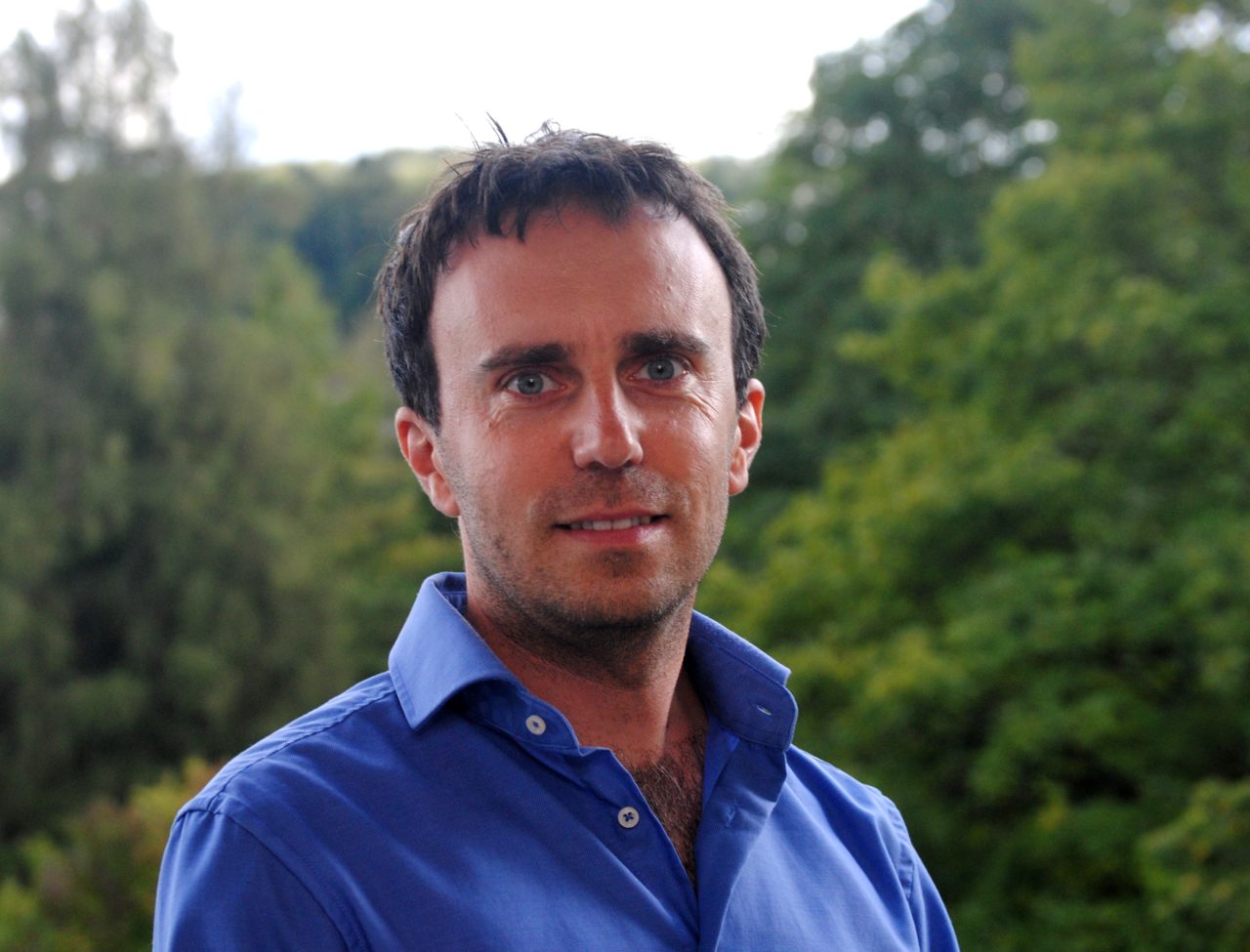
Prof. Dr. Francesco Corman is continuing the research direction in transport system at the post left vacant by Prof. Dr. Ulrich Weidmann, who is now Vice President of Human Resources and Infrastructure of the ETH Zurich. The Italian born travel aficionado will direct research towards improving transport systems operations based on rigorous mathematical models.
What does development of transport systems mean nowadays?
What I see is that people are raising the bar of the requirements of transport systems higher and higher, as a consequence of an increased comfort, and higher quality of life. We do not only want to move, but we want to move as seamless as possible, with space and comfort for ourselves either commuting or travelling for leisure; sometimes we do not really care about speed of travel, we actually don t mind so much to take a slower mode of transport (think about bikes), or we give up a bit of speed in the transport part itself, to achieve a better achievement in the overall transport experience (think about people taking public transport to avoid the problem of parking). Basically … life is not in the destination, it is in the journey, right? Development of transport would mean including those increasing wishes from users in the design and control, so that the realized operations, what people actually feel, would match the expectations.
Where is your thematic research focus?
I see large opportunities to improve transport systems operations based on rigorous mathematical models to be used for analytics and optimization of operations. Transport systems like public transport in general, railways, and freight logistics are becoming more and more a system where rich transport units interact within a rich infrastructure, with increasing possibilities for control, increasing interconnection between systems, and increasing vulnerability to more and more random dynamics due to a variety of factors. The question is: how to cope with that?
How do you see the future of transport:
Transport is already part of our life, everybody would move at least a bit to go working, the things we need probably come from the other side of the world, with huge pressures on the time dynamics (we want it all, and we want it now, see same-day-delivery), plus a general effort to reduce costs and when possible increase sustainability. This trend can only increase with more urbanized areas, where more people ask for better transport. Collective transport systems within urban areas are one crucial need for this, be it with traditional bus, with some form of automated-car sharing, and for longer distances railway and high speed connections. The fact that transport infrastructure is so expensive means every new development either comes with enthusiastic support of the politics (and that is sometimes the case in Switzerland), or with a difficult cost-benefit analysis; this second part is even more important for purely commercial systems like logistics.
How do you see the role of NSL and interdisciplinary research?
Transport and mobility defines our life in a very interdisciplinary way. I see most benefits when ideas and perspective are joined and contaminated together, to bring actual steps forward. NSL provides an ideal playground for this. My idea, and my background as well, tells me that a lot of steps forward in research in transportation come from importing ideas about quantitative models, analytics, optimization into the transport phenomena we experience, and the one we would like to see. The wide spectrum of research within NSL would provide for sure more than enough opportunities for joint research opportunities.
What do you see as the primary differences and similarities in transport systems in Switzerland, compared to the countries you are familiar with based on your research experience?
Switzerland is like a paradise for a transport enthusiast. Despite very strong geographical constraints, the system works in an admirable way, public transport is of the highest quality worldwide, trains and punctuality are a trademark of the country. Moreover, people have a very high standard of life, and they would like the same from any service they ask and pay for, including public transport. So in a sense, quite challenging to improve!
Francesco Corman is professor of Transport system at IVT. Previously professor at TU Delft and KU Leuven, he joined ETH in 2017. His main fields of research include operation and control of public transport systems, rail traffic management, logistics and maintenance.